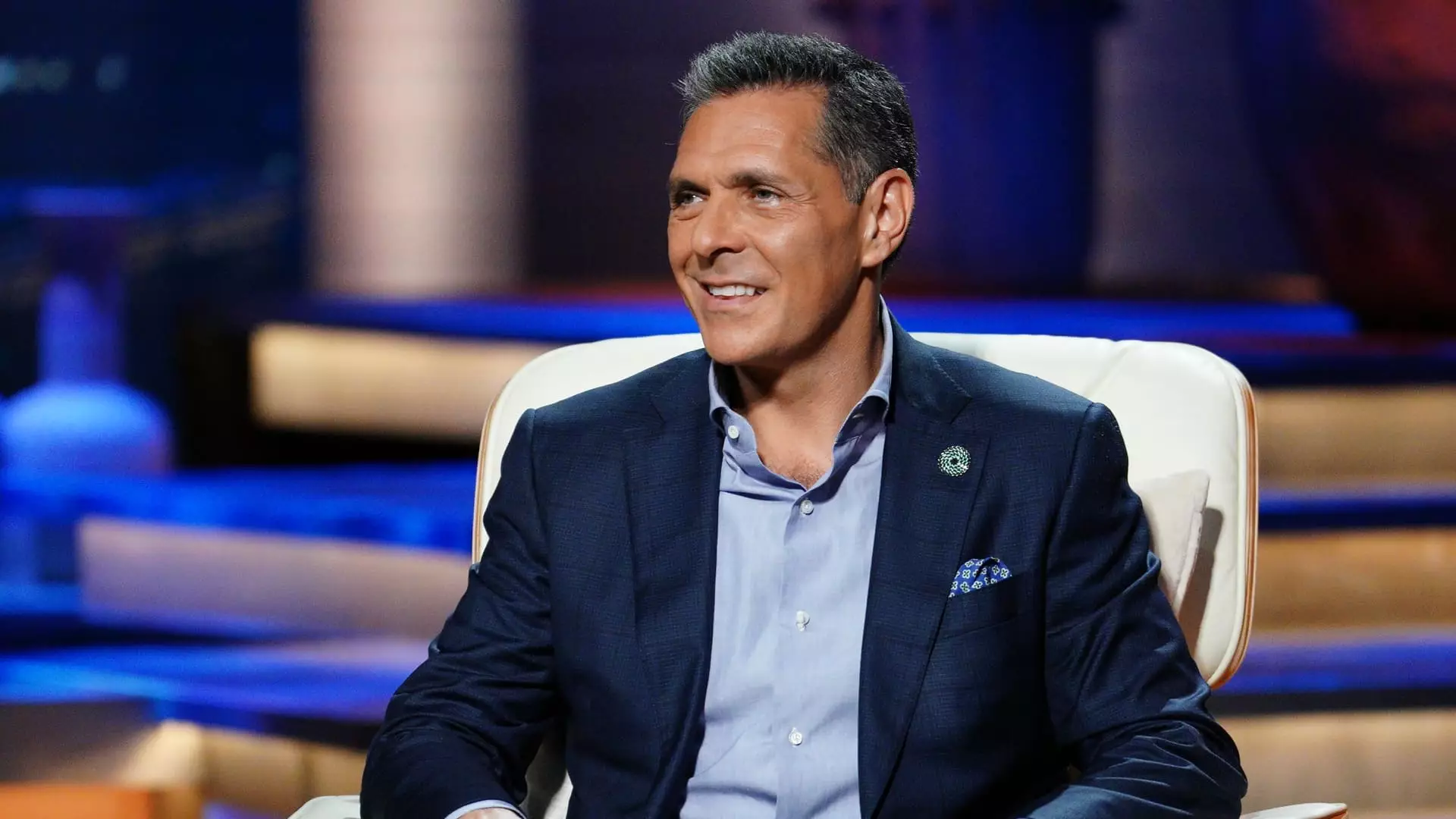Billionaire Daniel Lubetzky has built an impressive fortune by embracing the intersection of health and entrepreneurship. His success with Kind snack bars—a brand that marries nuts, fruits, and whole grains—exemplifies how consumer needs can be harmonized with profitability. However, the selling of a controlling stake in Kind to the food conglomerate Mars in 2020 became a pivotal moment that signaled a shift in Lubetzky’s investment philosophy. Entering the realm of family offices in 2023, he founded Camino Partners, realizing that wealth isn’t merely about capital accumulation but about evolving social consciousness and investing in consumer well-being.
By targeting companies like Cava (a popular fast-casual dining brand), Prose (a haircare line), and Belgian Boys (a breakfast items producer), Lubetzky doesn’t merely focus on his roots in food but broadens his vision to encompass healthier lifestyles. This prompts an essential conversation: Are investors ready to advocate for wellness and longevity as central pillars of consumer value? It seems Lubetzky is not only answering this question but forging a path for others to follow.
Family Offices: The Emerging Dynamic
What’s particularly fascinating is the rise of family offices that have arisen from food and beverage empires. In today’s dynamic wealth landscape, over 100 such family offices are emerging, influenced by entrepreneurial success stories from names like Peter Rahal of RXBar fame and Paul Merage, co-founder of Hot Pockets. These brands established solid financial foundations but are now diversifying, often venturing into real estate, technology, and sustainability investments.
Why the shift? The common denominator among these entrepreneurs appears to be a recognition that affluence carries a responsibility to invest wisely and thoughtfully. As Lubetzky’s Camino Partners exemplifies, there is a growing awareness that investing in wellness and longevity is not just a moral obligation but offers lucrative potential in an increasingly health-conscious marketplace.
The Challenge of Early-Stage Investment
Reflecting on the innate challenges of early-stage investing, Lubetzky’s experience teaches us about the inherent risks and inevitable failures tied to fresh startups. While his initial instinct leaned towards nurturing fledgling businesses, the struggle to evaluate when a venture is faltering revealed a vulnerability in the entrepreneur’s process. Elle Lanning, president of Camino, noted that early funding can sometimes feel akin to nurturing a living entity, only to face the harsh truth that not all endeavors will thrive.
Any experienced investor knows the pitfalls associated with early-stage funding. Balancing optimism with realism is crucial. Unlike polished businesses that yield substantial revenues, young companies present a labyrinth of unpredictable risks. Lubetzky’s transition towards investing $20 to $80 million in established businesses with at least $20 million in revenue marks a strategic realignment. It underscores a mindset that prioritizes sustainable growth over optimistic start-up dreams.
Expertise in a Multiplicitous Field
As Lubetzky expands Camino’s investment portfolio into avenues like longevity, fitness chains, and home health-care, he acknowledges an essential truth: expertise matters. Particularly when branching out into areas like aerospace or deep tech, the need for specialized knowledge becomes apparent. Collaborating with experienced fund managers becomes essential in navigating these complex landscapes.
This insight offers an important lesson to aspiring investors and entrepreneurs alike: you cannot be a jack-of-all-trades. Recognizing your limitations and inviting expertise can lead to more informed choices and lucrative outcomes. In a world overflowing with investment opportunities, knowing when to seek assistance can make all the difference.
Lubetzky’s narrative isn’t merely about personal wealth but mirrors a broader investment ethos catering to societal values. His journey highlights how affluence can be redefined, molding wealth into a vessel for fostering healthier and more sustainable consumer habits. In an uncertain economic landscape, as wealth becomes a tool to enhance consumer well-being, the investments emanating from family offices like Camino will likely play a pioneering role in shaping the future of business and health. This is the provocative insight from Lubetzky’s unique philosophy, sparking an essential discourse in the corridors of wealth and investment.

